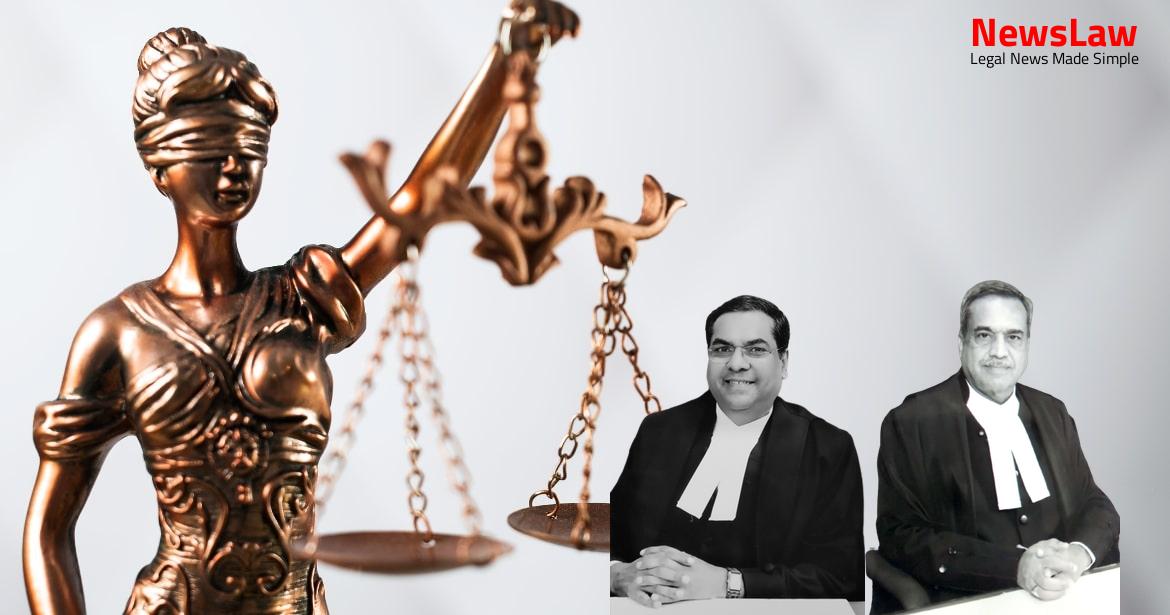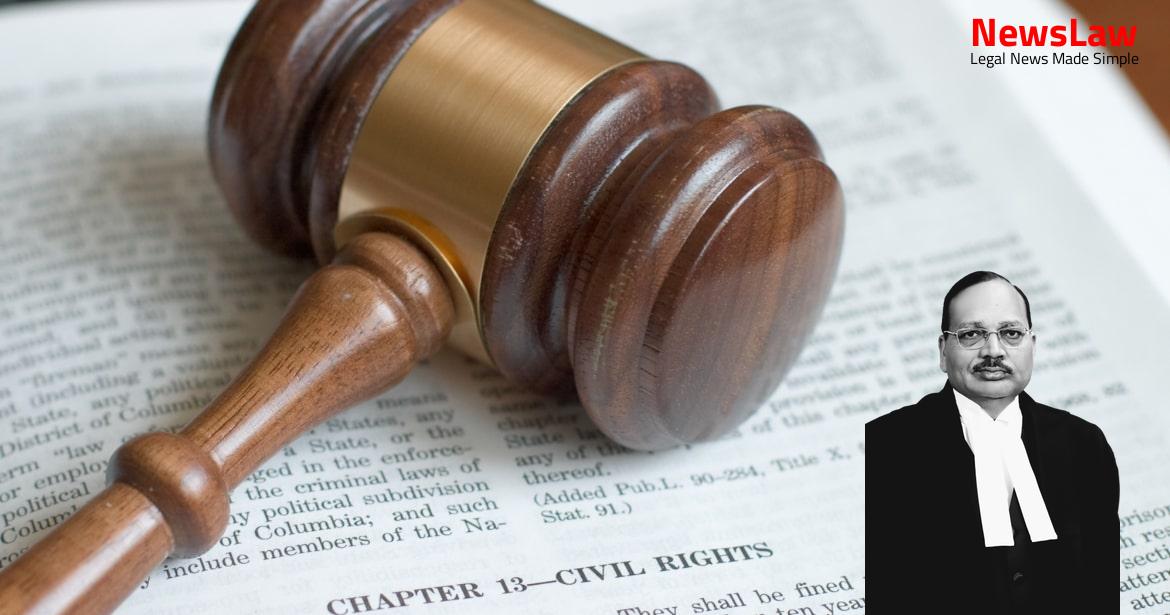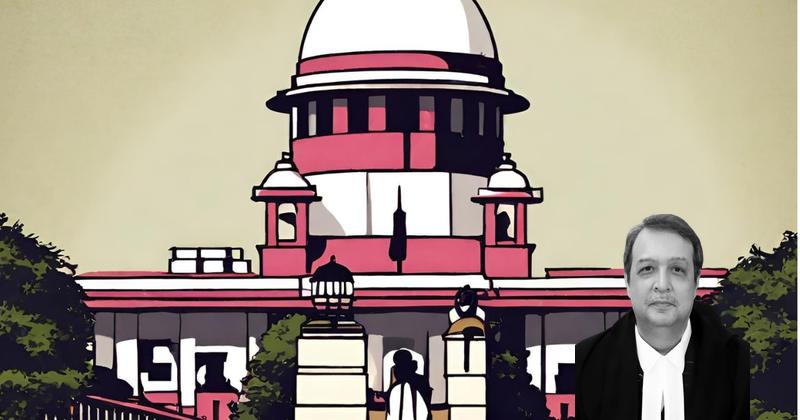Explore the court’s detailed legal analysis on the interpretation of tax exemption notifications in a recent case. The case delves into the intricate balance between statutory provisions, exemption conditions, and the principle of promissory estoppel in taxation matters. Stay tuned to understand the implications of this judgment in the realm of tax law and statutory interpretation.
Facts
- The respondent, ESL, invested approximately Rs. 5000 crores for the manufacture of HRC.
- Entry No. 255(2) was amended multiple times, with the latest being on 16.01.2002.
- The original conditions of Entry No. 255(2) required the eligible units to use purchased goods in the manufacturing of goods for sale within or outside Gujarat.
- ESL transferred purchased Natural Gas and Naphtha to EPL for electricity generation, which was then used in manufacturing HRC.
- ESL was granted Sales Tax exemption for Unit No.2 subject to meeting certain conditions under Entry No. 255(2).
- The State filed appeals against the Tribunal’s decision favoring the respondent – dealer.
- The High Court dismissed the appeals based on promissory estoppel and finding no violation of conditions under Entry No.255(2) dated 05.03.1992.
Also Read: Ruling on Circumstantial Evidence in Murder Case
Issue
- Whether subsequent amended Entry No.255(2) issued through Notifications on 14.11.2000 and 16.01.2002 alters or amends the original conditions from the first notification on 05.03.1992.
- Whether the later amended Entries on 14.11.2000 and 16.01.2002 affect the right of the respondent to claim exemption under the initial Entry No.255(2) from 05.03.1992.
- Examination of any breach of the declaration submitted by the respondent in Form No.26.
- Assessing if the demand for purchase tax post 14.11.2000 is impacted by the principle of promissory estoppel.
- Determining the entitlement of Essar Steel Ltd. to exemption from purchase tax under the original Entry No.255(2) from the notification on 05.03.1992.
Also Read: Challenging Legal Presumptions in Negotiable Instrument Cases
Arguments
- The State contends that the High Court’s judgment is erroneous.
- The State argues that subsequent notifications clarified or expanded the scope of exemption and did not take away rights granted under the original notification.
- The State raises concerns that granting the exemption based on the respondent’s interpretation would allow for misuse of raw materials exempt from tax for manufacturing purposes.
- The respondent installed a power plant due to the State’s requirements, eventually selling raw materials to an ineligible entity for electricity generation.
- There were findings in favor of the respondent’s eligibility for exemption under the original notification.
- Argument against the applicability of subsequent amended notifications on entities established prior to their issuance.
- The State emphasizes the necessity of strict interpretation of exemption provisions and its right to levy taxes as per the law.
- Clarification on the use of raw materials within the State of Gujarat under the original notification.
- Emphasis on the State’s right to vary or withdraw tax exemptions without the application of promissory estoppel.
- Concerns raised about potential misuse of exemptions through indirect transfer of raw materials to ineligible entities for tax benefits.
- Prayed for dismissal of the present appeal based on the principles of promissory estoppel.
- Highlighted the arbitrary imposition of penalty without proper adjudication and application of mind by the State.
- Cited precedents like Hindustan Steel Ltd. vs. State of Orissa and Excel Crop Care Limited vs. Competition Commission of India to support their stance.
- Argued that the respondent had a genuine belief in eligibility for exemption under the first notification, supported by a letter from the Commissioner of Sales Tax.
- Stressed that the respondent had made irreversible investments based on the State’s assurances, hence penalty imposition is unjustified.
- Asserted that even if the second and third notifications apply, the respondent did not breach any conditions warranting penalties.
Also Read: Legal Analysis Critique in High Court’s Quashing Order
Analysis
- The principle of promissory estoppel is not applicable in taxation matters, and the Revenue can take a position different from its earlier stand.
- Exemption notifications should be strictly construed, and the conditions prescribed must be fulfilled for eligibility.
- Subsequent amended entries in the notifications expand eligibility criteria but do not take away rights provided in the original entry.
- Transfer of raw materials by an eligible unit to an ineligible unit for use violates the conditions of the exemption.
- The incentive policy was intended only for specific eligible industries, and transfer to ineligible industries defeats the purpose of the exemption.
- The requirement for eligible units to actually use purchased raw materials remains unchanged in subsequent amendments.
- Penalties for failure to pay the tax assessed are applicable when there is a significant difference between tax paid and tax leviable.
- The High Court’s decision that the eligible unit did not breach conditions of the original entry was in error.
- Exempting provisions in taxing statutes should be strictly interpreted, and conditions must be met for the exemption to apply.
- The wording of the exemption notifications and conditions must be adhered to without deviation.
- Rules of promissory estoppel and estoppel by conduct cannot alter or amend specific terms and statutory provisions.
- All terms and conditions in the exemption notification prevail, and the claimant must meet all eligibility criteria mentioned.
- No exemption from purchase tax was demanded before 14.11.2000, so past exemptions do not automatically apply in subsequent years.
- Section 45(6) states that a penalty not exceeding one and one-half times the difference shall be levied on a dealer who fails to furnish a statement or return.
- The penalty is imposed on the dealer for non-compliance with the requirement to provide a statement or return.
- The penalty amount is calculated based on the difference in the tax payable as per the return furnished and the actual tax payable by the dealer.
- The penalty cannot exceed one and a half times the difference in the tax amounts.
- The impugned judgment and order passed by the High Court and the Tribunal quashing the demand of purchase tax are quashed and set aside.
- The levy of penalty is justified and warranted in this case.
- The penalty imposed by the Assessing Officer should not have been quashed by the Joint Commissioner, the Tribunal, and the High Court.
- The decision to quash the penalty was a grave error.
Decision
- The appeals have been allowed, and the order of the Assessing Officer levying the demand of purchase tax and imposing the penalty has been restored.
- It is held that Essar Steel Ltd. was not entitled to the exemption from payment of purchase tax under the original Entry No.255(2) dated 05.03.1992 due to non-fulfillment of eligibility criteria/conditions and breach of declaration in Form No.26.
- The orders setting aside the penalty imposed by the Assessing Officer have been quashed and set aside.
- No order as to costs has been given in the circumstances of the case.
Case Title: STATE OF GUJARAT Vs. ARCELOR MITTAL NIPPON STEEL INDIA LTD. THROUGH ITS VICE PRESIDENT (2022 INSC 83)
Case Number: C.A. No.-007710-007714 / 2021



